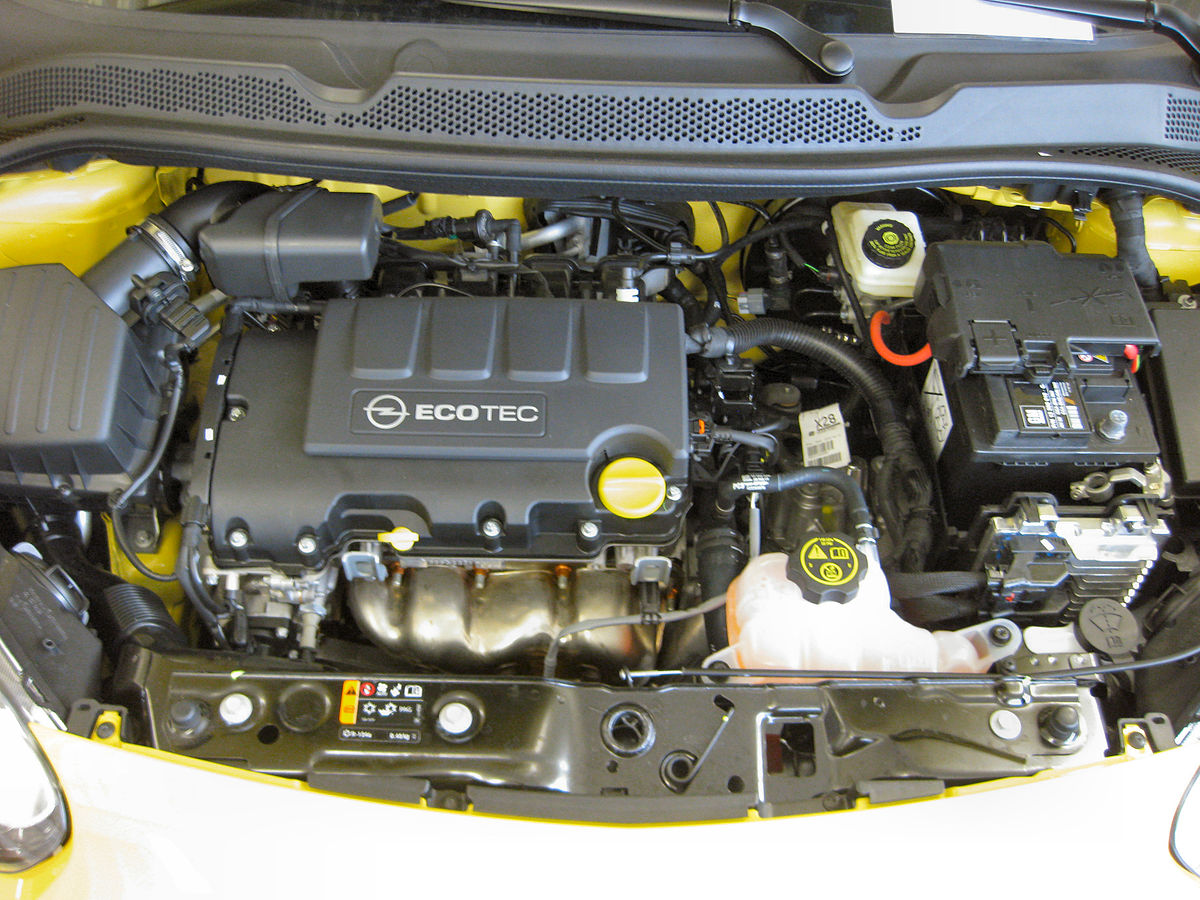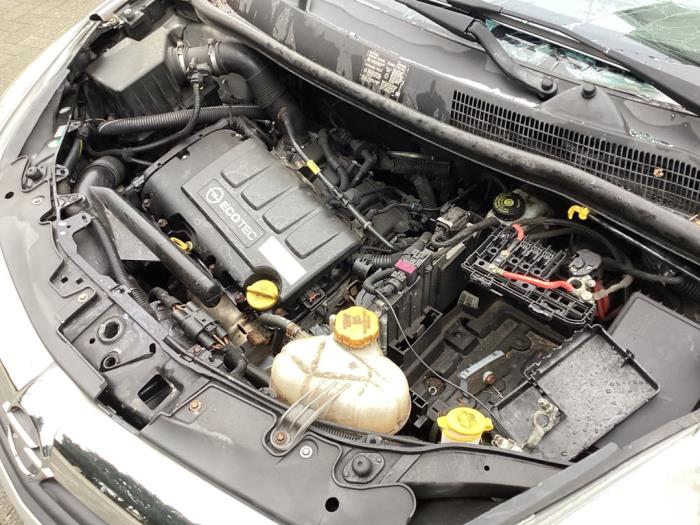Engine Purchasing Specialist Tips on Picking the Right Engine for Your Details Requirements
Picking the best engine for your details requirements includes a complex interaction of factors that go past simple horsepower numbers. From power outcome to sustain effectiveness, the decision-making process can be daunting. Comprehending the subtleties of engine types, dimensions, and their compatibility with your automobile is essential. Nevertheless, there are experienced tips that can aid navigate this terrain with confidence. By diving into the details of power versus performance, assessing gas scores, and budgeting for long-term costs, one can truly optimize their engine option.
Power Vs. Effectiveness: Finding the Balance
When selecting an engine, it is critical to strike an equilibrium between power and effectiveness to meet your certain demands successfully. Power refers to the engine's capability to produce power for propulsion, establishing factors like velocity, lugging capacity, and general efficiency - Opel Corsa 1.4 Engine Price. On the other hand, performance associates with just how well the engine utilizes fuel to produce power, impacting factors such as gas economy and environmental kindness
Accomplishing the right balance between power and performance is vital because an engine that is also powerful might take in excessive fuel, bring about higher operating expense and unneeded pressure on the setting. On the other hand, an engine that focuses on performance over power might lead to sluggish efficiency, specifically sought after scenarios like pulling hefty lots or driving uphill.
To make an informed decision, think about factors such as your normal driving problems, the designated use of the automobile, and your personal choices. By evaluating your needs and top priorities, you can choose an engine that strikes the best balance between power and effectiveness, making sure optimal performance while reducing environmental influence and operating expense.
Understanding Engine Dimension and Type
To better refine the selection process of an engine that strikes the optimum balance in between power and effectiveness, it is essential to dive into the complexities of recognizing engine dimension and kind. Engine size refers to the complete volume of air and fuel that can be pushed via the engine cylinders.
Furthermore, engine type plays a crucial duty in identifying the performance characteristics of an engine. Typical engine kinds include inline engines, V engines, and rotary engines, each with its one-of-a-kind advantages and downsides. The engine kind affects factors such as the engine's dimension, weight circulation, and power shipment. Comprehending the interplay between engine dimension and type is important in picking an engine that aligns with your certain needs and top priorities, whether it be power, efficiency, or a balance of both.

Consider Your Automobile's Needs
Considering your vehicle's needs is a basic step in the engine choice procedure to make certain optimal performance and capability. It is important to assess factors such as the planned use of the lorry, its weight, towing capability, and gas efficiency needs. If you are looking for an engine for a heavy-duty vehicle that will certainly be utilized for towing, you will certainly require an effective engine with high torque abilities. On the other hand, if you are picking an engine for a small auto mostly utilized for city travelling, gas performance may be an extra critical aspect to consider.
In addition, the terrain on which the car will mainly run ought to influence your engine selection. If you frequently drive in hilly or sloping locations, a durable engine with excellent climbing power will be required. Conversely, for flat terrains, a much more fuel-efficient engine may be enough. By lining up the engine specifications with your automobile's requirements, you can ensure that your car operates efficiently and fulfills your efficiency assumptions.
Assessing Gas Effectiveness Rankings
Examining gas performance scores is an essential element of picking the right engine for your lorry, making sure price savings and environmental sustainability. Gas effectiveness ratings, usually determined in miles per gallon (MPG) for gasoline engines or kilowatt-hours per 100 miles (kWh/100 miles) for electrical engines, suggest how much a lorry can take a trip on a particular amount of gas or electrical power. Higher MPG or reduced kWh/100 miles worths represent much more efficient engines, equating to decreased fuel prices and reduced carbon exhausts.
When assessing gas efficiency rankings, consider your driving demands and practices. A highly fuel-efficient engine can result in considerable cost savings over time if you commute long ranges daily. Additionally, contrast different engine options within the exact same automobile course to identify the most cost-effective option. Variables such as engine size, weight, the rules of aerodynamics, and crossbreed or electrical capabilities can all influence gas performance.
Budgeting for Long-Term Costs
Tactically intending for long-lasting costs is necessary when picking an engine, making certain economic sustainability over the automobile's life-span. While the preliminary acquisition price of an engine is a considerable factor, it is important to take into consideration the long-lasting prices connected with maintenance, fixings, and fuel usage.
Furthermore, looking into the availability and price of substitute useful source parts for the selected engine is crucial in budget plan planning. By meticulously budgeting for these lasting expenditures and factoring them into the decision-making procedure, people can select an engine that not only meets their instant demands however likewise remains cost-effective throughout its life expectancy.
Final Thought
Finally, picking the best engine for your details requirements calls for stabilizing power and efficiency, comprehending engine size and type, considering your car's needs, reviewing gas effectiveness ratings, and budgeting for long-term expenses. By thoroughly considering these variables, you can ensure that you pick an engine that meets your requirements and gives optimal performance for your automobile.
To better improve the choice process of an engine that strikes the optimal balance between power and effectiveness, it is crucial to dive right into the complexities of recognizing engine size and type. Engine size refers to the complete volume of air and gas that can be pushed via the engine cyndrical tubes. Usual engine types consist of inline engines, V engines, and rotating engines, each with its distinct advantages and disadvantages. Recognizing the interaction in between engine size and kind is crucial in picking an engine that aligns with your details needs and top priorities, whether it be power, effectiveness, or a balance of both.
